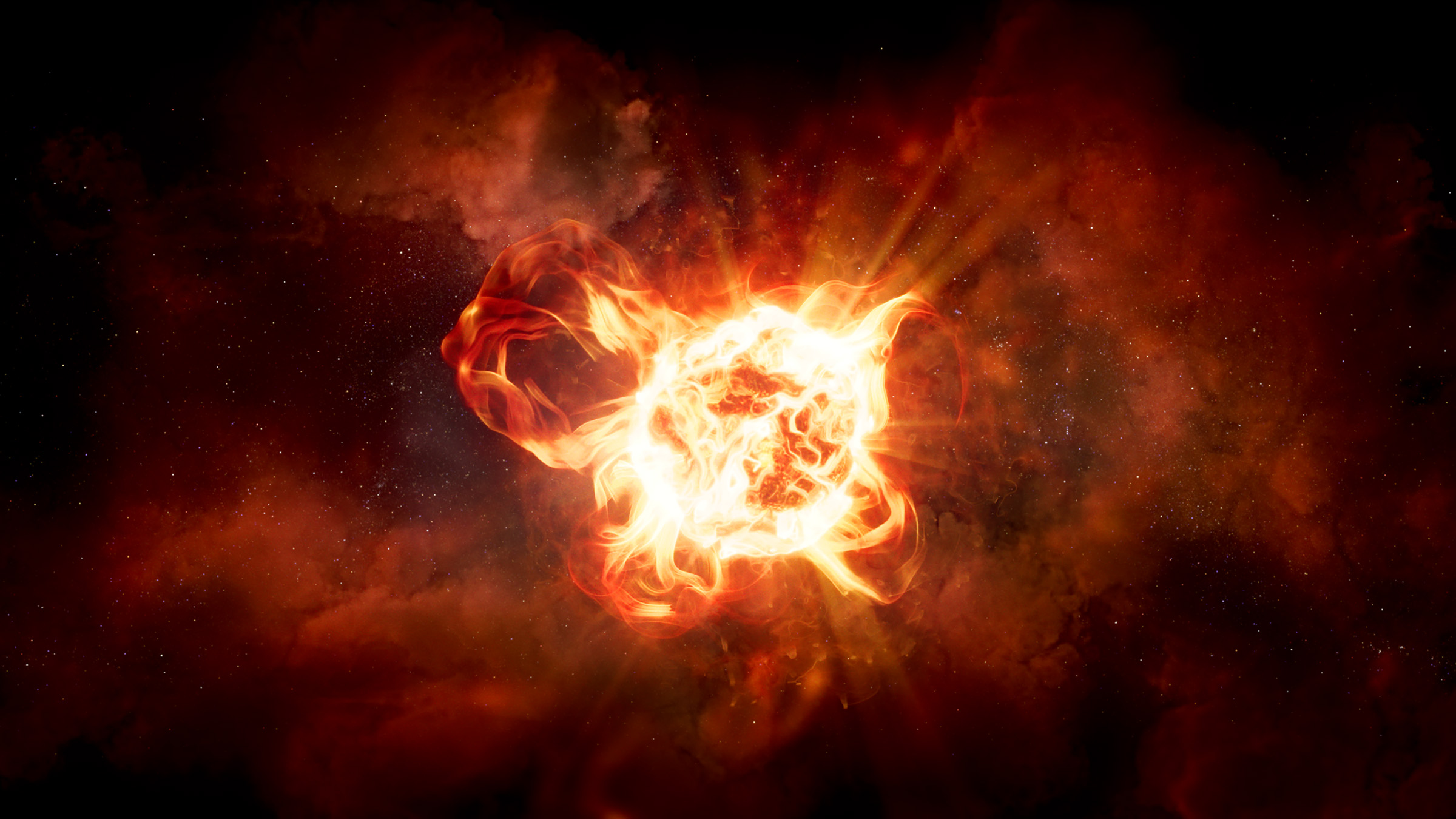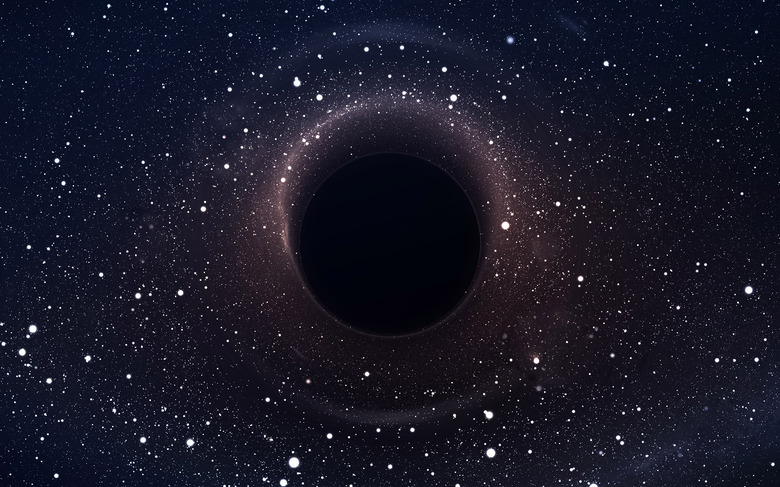Parasitic Black Holes Could Be Hiding Inside Stars And Even Powering Them
Dark matter is one of the most mysterious things in the universe. But right up there in the same category are black holes — massive cosmic holes that seem to suck everything into them. Now, a new research paper posits that black holes and dark matter may go hand in hand thanks to parasitic black holes living inside of stars.
I know that's a lot to take in, and I thought the same thing when I was reading through a new paper featured in The Astrophysical Journal. The new paper suggests that black holes might be living inside stars throughout the universe, eating away at them from the inside.
It's a terrifying thesis and one that becomes even more terrifying when you think about the possibility of a black hole being inside our sun, eating away at it until the sun eventually dies. But just how much merit is there to this claim? Could parasitic black holes really be the cause of dark matter in the universe?
Well, the universe is full of black holes. In fact, some even believe that there are tiny black holes everywhere. But what about black holes that are the size of planets? Usually, these objects just don't have the mass to collapse into a black hole. But what if there was another way?

According to a theory that Stephen Hawking developed in the 1970s, teeny tiny black holes could have formed within the first second or so after the Big Bang. Where these "primordial" black holes went is a mystery, of course, but there is that ever-looming possibility.
This new research posits that the black holes could have ended up inside neutron stars, sitting in their cores and slowly ripping away the star's energy from the inside. In fact, Hawking himself even suggests that the sun could be harboring one of these primordial black holes.
Of course, proving that parasitic black holes exist is very difficult. But that didn't stop scientists from digging even deeper. They propose that if such a black hole did exist in a star, and it was the size of a dwarf planet, it would start to consume the sun-like star at an insane speed.
Within just a billion years, the researchers believe the star would no longer be powered by fusion, as they normally are, but instead would be powered by the black hole itself. They call this hypothetical star a Hawking Star, and while it's a bit ironic, it's also highly intriguing.
The next step to proving or disproving this hypothesis is to study the stars they believe could harbor a parasitic black hole and see if they show the signatures of a black hole engine.
